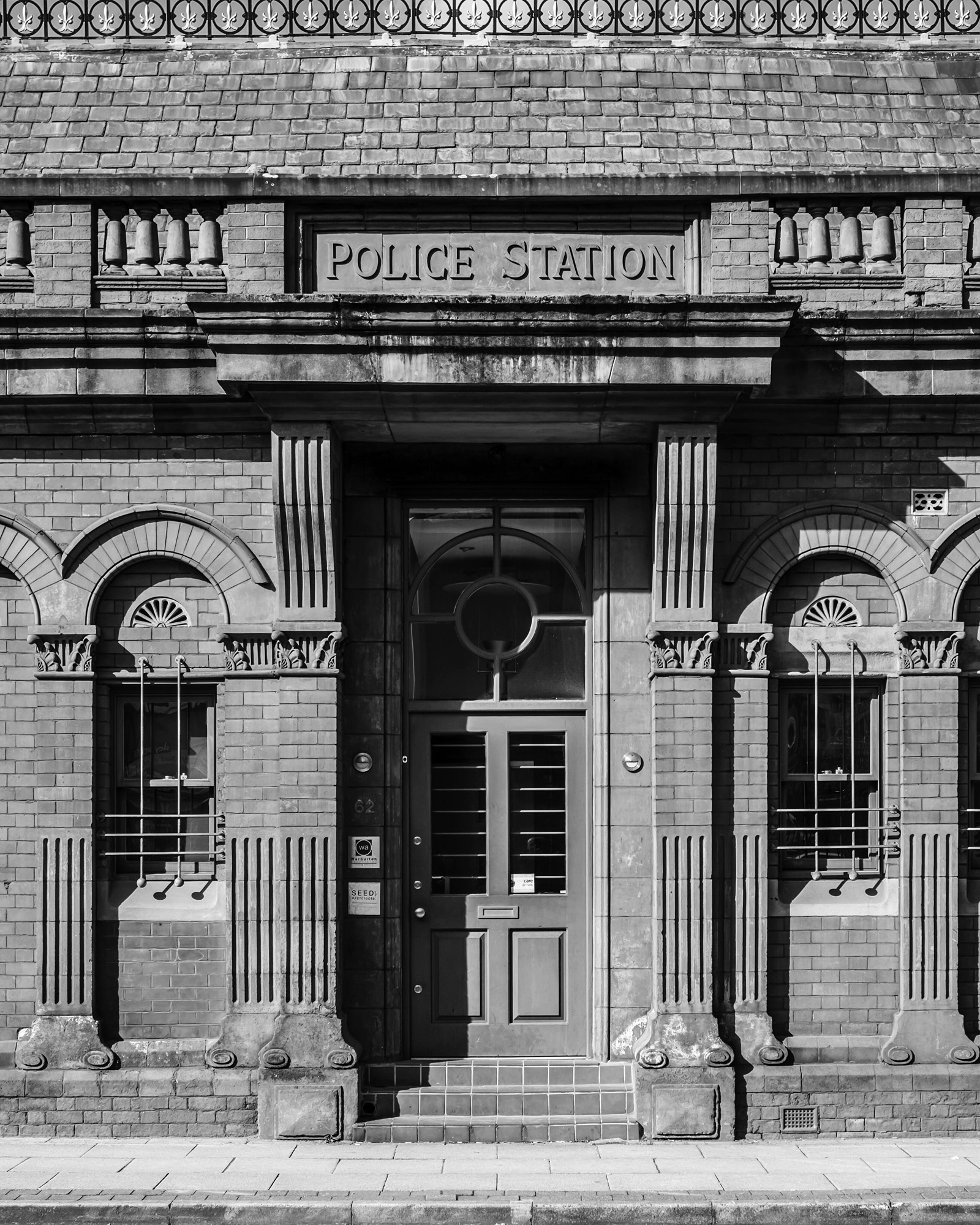
Is Facial Recognition Legal in the UK? Here’s What You Should Know
Facial recognition technology is no longer confined to futuristic films — it’s now being used across the UK by police forces and private companies alike. But as this powerful tool becomes more widespread, serious legal and ethical questions are emerging. Can your face really be scanned in public without your knowledge? Is this technology even legal? And what can you do if you’re concerned about how your image is being used?
At Forest & Co , we believe the public has a right to understand the law — especially when it comes to technology that affects your personal privacy and freedom of movement.
Live facial recognition (LFR) works by scanning faces in real time and comparing them against databases of people wanted by the police or other authorities. The Metropolitan Police and South Wales Police have already trialled this technology in public spaces such as shopping centres, festivals, and train stations. It’s also been used by private security at major events — sometimes without the public being clearly informed.
The legality of facial recognition in the UK is currently based on general legal frameworks like the Data Protection Act 2018 and the Human Rights Act 1998. In particular, the right to a private life under Article 8 of the Human Rights Act is a key concern. While the courts have ruled that facial recognition can be used lawfully if it is necessary and proportionate, the lack of dedicated legislation means there’s very little consistency in how it’s used — or who’s held accountable if it’s misused.
One of the main criticisms of LFR is that it often operates without transparency. Many people don’t realise they’re being scanned, and studies have raised concerns about potential biases — with some research showing higher error rates when scanning women and people from ethnic minority backgrounds. The result is a system that can feel both invasive and unfair.
If you believe your face has been scanned without your consent, or you’re worried about how your personal data is being used, you have the right to challenge it. You can request information about how your data was processed, make a formal complaint to the Information Commissioner’s Office, or seek legal advice. Forest & Co can help you understand your options and act if your rights have been breached.
Surveillance technology is advancing quickly, but the law hasn’t fully caught up. Until it does, knowing your rights is the best protection you have.




